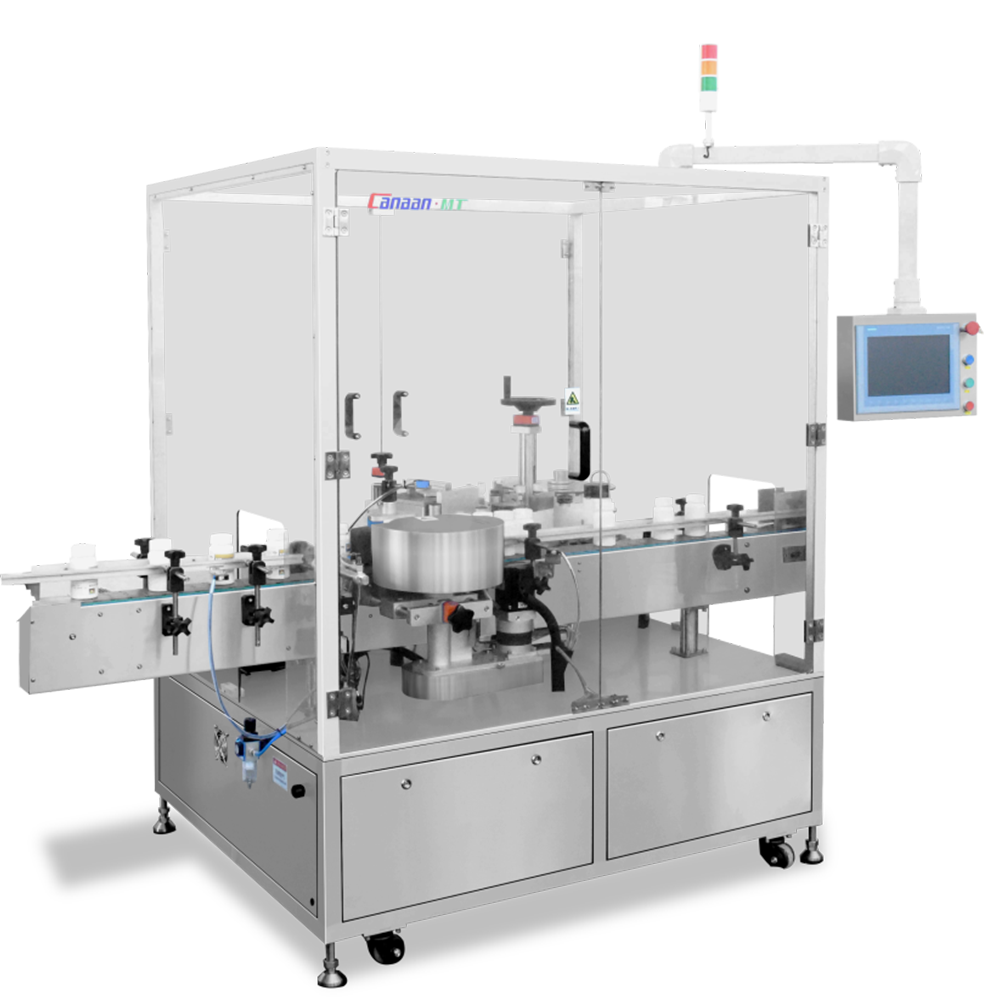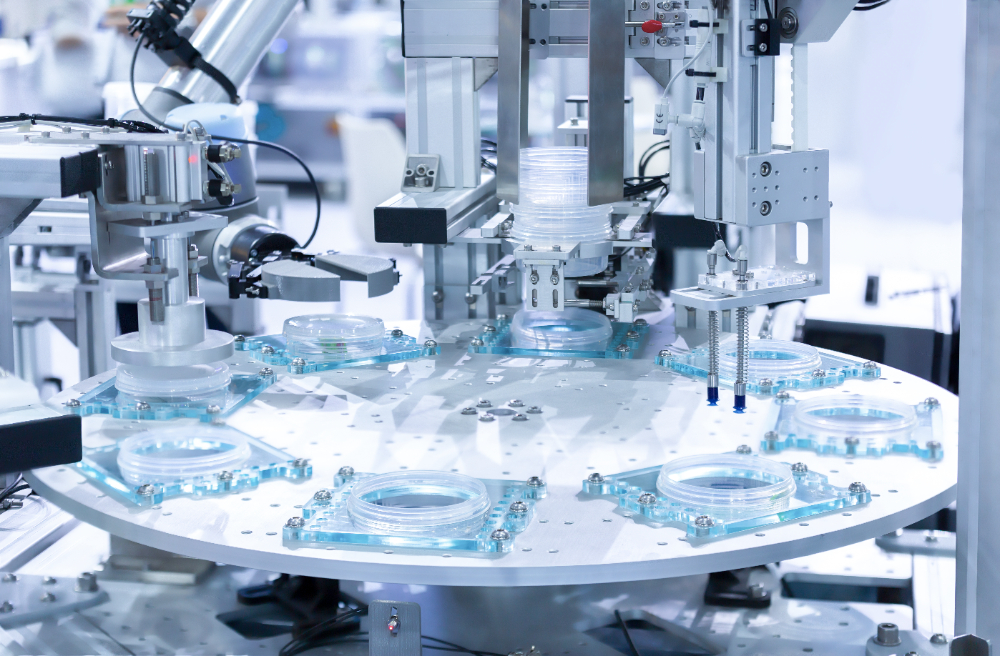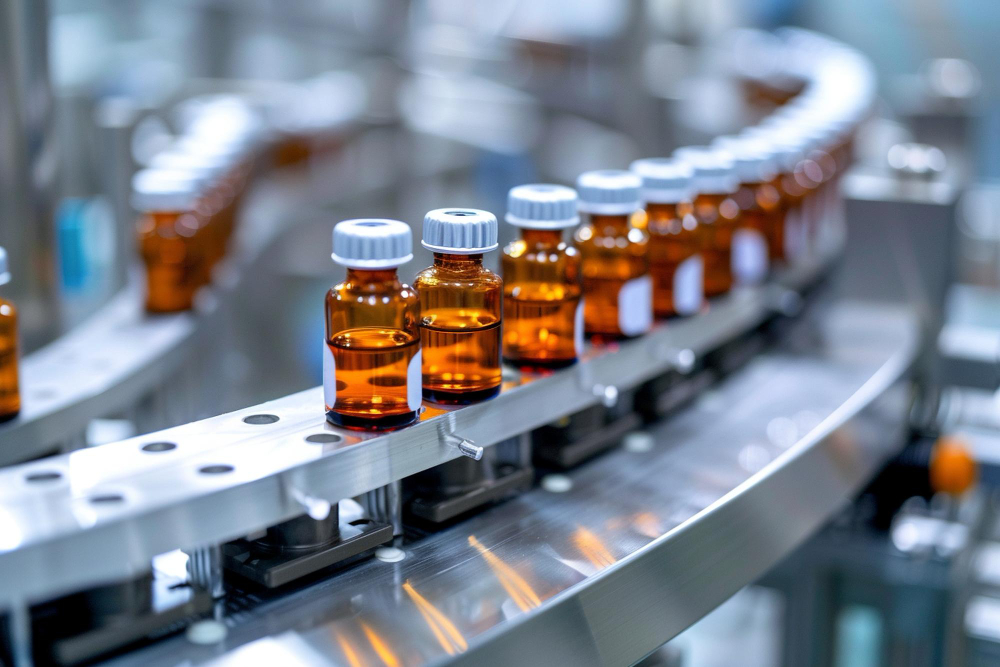Flowability in drug manufacturing refers to the ease with which powder or granular formulations flow, hence the name. Good or bad flowability is closely related to the size of the particles, their shape, and the distribution of components in the mixture.
This critical parameter in the drug production process is very important to ensure uniformity and accuracy in dosage, for quality control, to avoid equipment issues, for process optimization, and to meet regulatory compliance.
So, how can drug manufacturers ensure poor flowability is kept at bay? Learn the ways in this Canaan guide, discussing:
– Factors influencing drug flowability
– Ways for achieving accurate dosage for drugs with poor flowability
– How the right drug manufacturing equipment can help
The behaviors of powders follow every law of physics when it comes to flowability. But what are the factors that influence it?
Fine particles, such as powders of drugs, possess attractive forces like Van der Waals, surface tension, and electrostatistics, which may affect flowability.
The larger the size of the particles is, the flowability also increases. Therefore, both coarse and fine particles must be properly blended to improve this property.
Also increasing flowability is the particles’ surface, particularly it being smooth. Those with rough surfaces result in poor flowability. In other words, particles must have high density and low porosity for good flow, instead of having flat and elongated shapes, giving low flow.
This factor can be understood simply: the higher the moisture, the greater the risks of cohesion and adhesion.
So, how can drug manufacturers ensure accurate dosage control for drugs with poor flowability?

The first secret to achieving the right dosage for drugs with poor flowability is converting the formulation into granules. You can either use wet granulation for binding fine particles with a liquid adhesive, or dry granulation to compact the powder prior to breaking it into its granule form.
To reduce interparticle friction that contributes to poor flowability, you can use additives such as colloidal silica and magnesium stearate. They enhance powder movement by lubricating the formulation, thus preventing clogging in dosing systems, leading to more consistency in weight distribution.
Before the final tablet pressing procedure, you can apply pre-compression, which minimizes the variation of weight by ensuring the even distribution of powder and improving dosage accuracy.
The use of vibratory feeders agitates the powder formulation gently, breaking up clumping and maintaining consistent flow into your filling or compression equipment, therefore reducing inconsistencies in dosing.
Moisture change-causing humidity significantly affects powder flow, too, so a drug production process in controlled environmental conditions maintains the proper temperature, preventing moisture absorption and the buildup of electrostatic, which contribute to poor flowability.
In addition, you may also use hoppers with steep walling, agitators, and forced-feeding mechanisms to achieve high powder flow and prevent blockages.
Also, the implementation of electrostatic discharge methods is key to reducing sticking issues. Pair them with pneumatic systems that use air pressure to evenly move powder, preventing dosing fluctuations.
Last are precise weighing and feedback control. Real-time weight measurements should be present for variation adjustments, ensuring precision in the delivery of your drugs’ dosage.
Overall, achieving accurate dosages for drugs with poor flowability requires drug manufacturers to enforce advanced solutions. Canaan’s impressive collection of equipment for manufacturing processes in pharmaceutical industries will guarantee products are in the highest of quality from ideation to pharmaceutical packaging. Work with the Canaan team today.
Resources:
Accurate dosing: How to achieve maximum precision with poor-flowing products
How NETZSCH Helps Find the Perfect Powder Flowability of Drugs




Manufacturing pharmaceutical products should always be taken seriously. That is, every process must follow the strictest and highest standards. This is the very reason why manufacturers prefer hiring an EPC contractor. Contractors working under EPC contracts will ensure the outcomes are of the best quality no matter what happens, focusing on the construction of the […]

Explore the importance of EPC contracts in pharmaceutical manufacturing. Learn how EPC works, its benefits, and why choosing an EPC contractor can guarantee project success with Canaan’s industry-leading equipment.

Discover how SCADA and PLC improve automation in the pharmaceutical industry. Learn their roles, benefits, and how Canaan’s advanced technology enhances efficiency and safety.